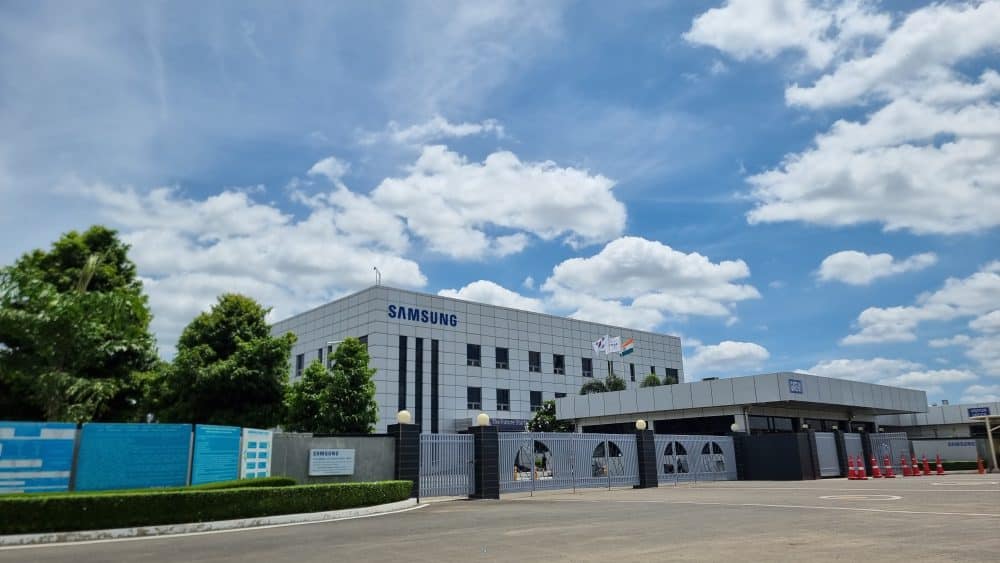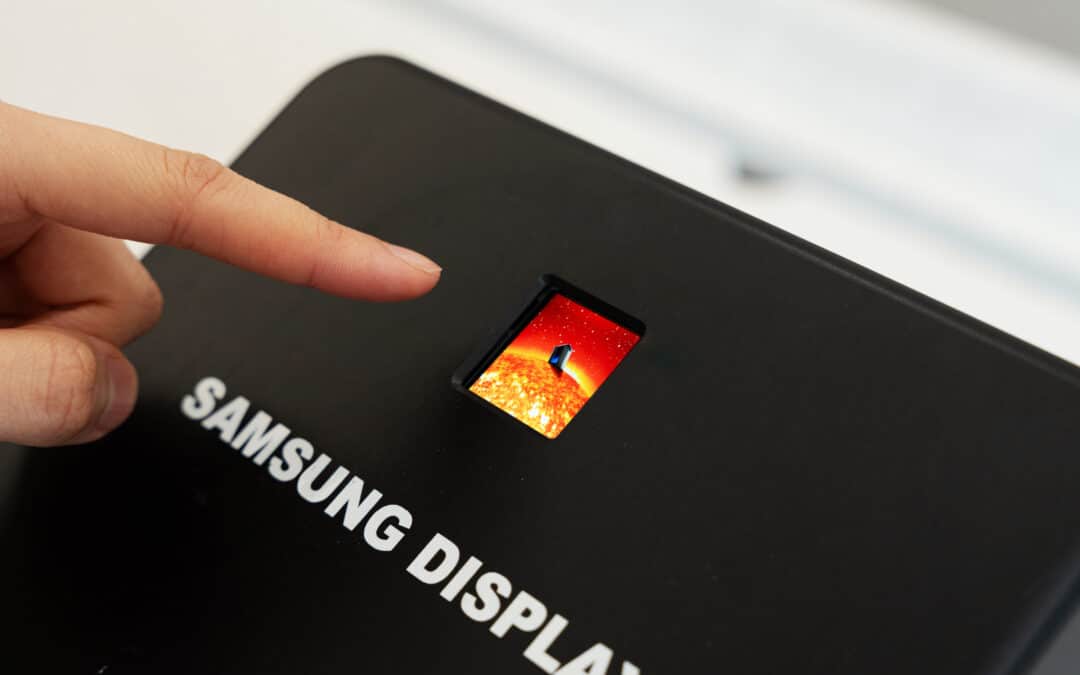Samsung has filed a lawsuit against the Indian government. It is challenging the country’s new e-waste recycling policy, which mandates higher payouts to recyclers. The move comes amid growing friction between major electronics manufacturers and Indian regulators over the cost of meeting environmental rules.
Samsung says new recycling costs are too high, and wants Indian government to reconsider that
India, the world’s third-largest generator of e-waste after China and the US, introduced new rules to boost formal recycling and reduce reliance on informal scrap dealers. These dealers currently handle over 80% of the country’s e-waste. According to the government, only 43% of e-waste generated last year was recycled through formal channels.

In a 345-page court filing reviewed by Reuters, Samsung argues the regulation places a heavy financial burden on electronics makers. This, it claims, raises recycling costs by five to fifteen times. The new rules require companies to pay at least ₹22 (about 25 US cents) per kilogram to recyclers, an amount Samsung says far exceeds current market rates.
The company claims the fixed price does little to advance environmental goals. Instead, it punishes businesses while failing to fix deeper issues in the recycling system. Samsung had already raised these concerns in a letter to the Prime Minister’s Office, arguing that pricing should be market-driven, not set by the government.
Samsung isn’t alone. LG has filed a separate case challenging the same policy. It questions the use of the “polluter pays principle” without fixing enforcement gaps in the informal recycling sector. Both companies now join others—including Daikin, Voltas, Havells, and Blue Star—that have also taken the Indian government to court over the issue.
The cases are scheduled to be heard by the Delhi High Court on Tuesday. We’ll keep you updated with the outcome. It may shape how big techs respond to the new e-waste recycle policy.






